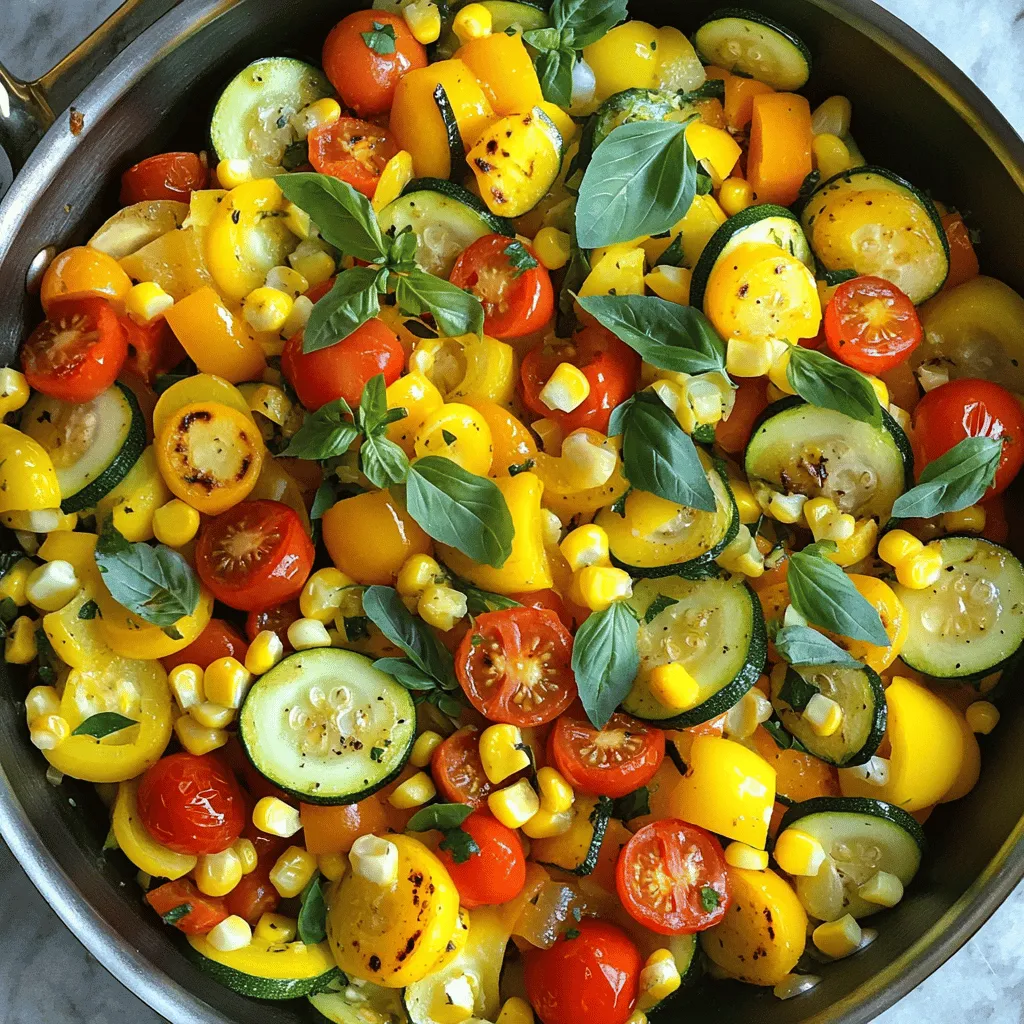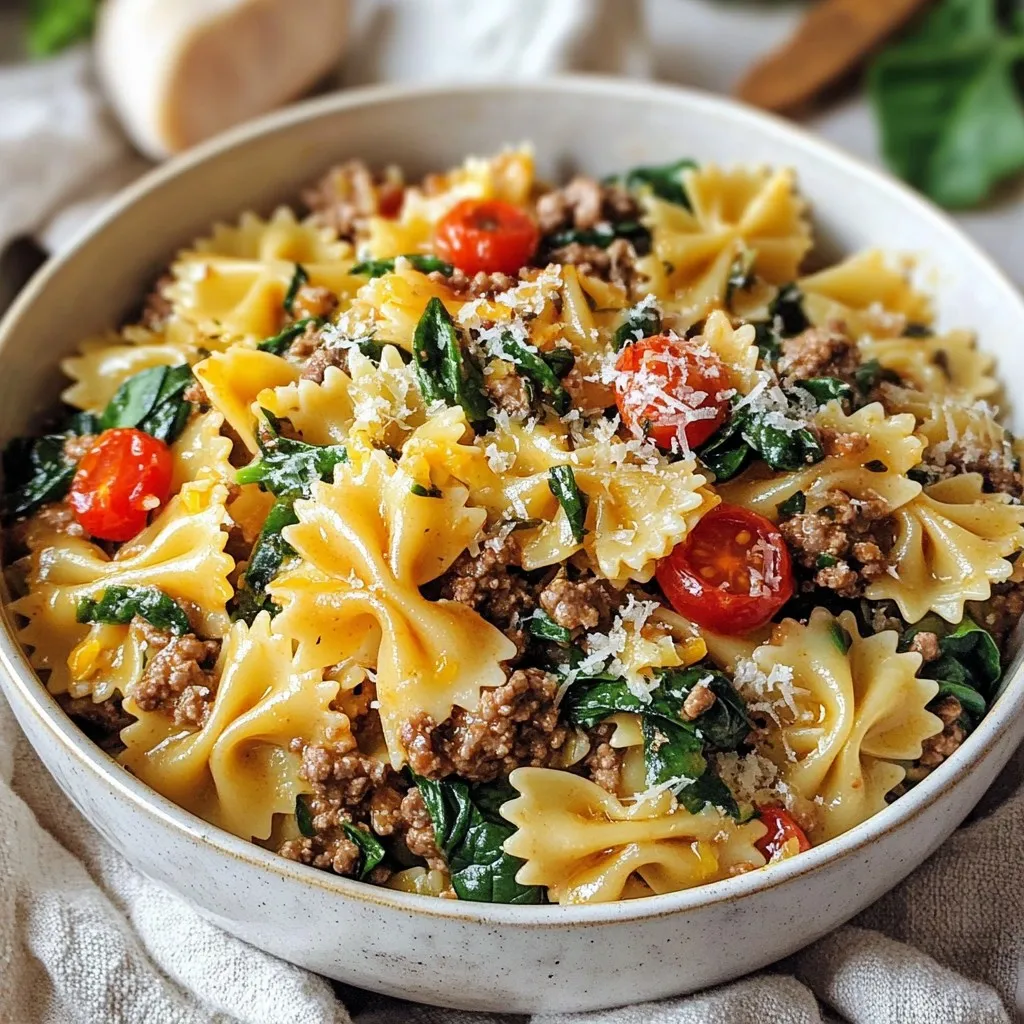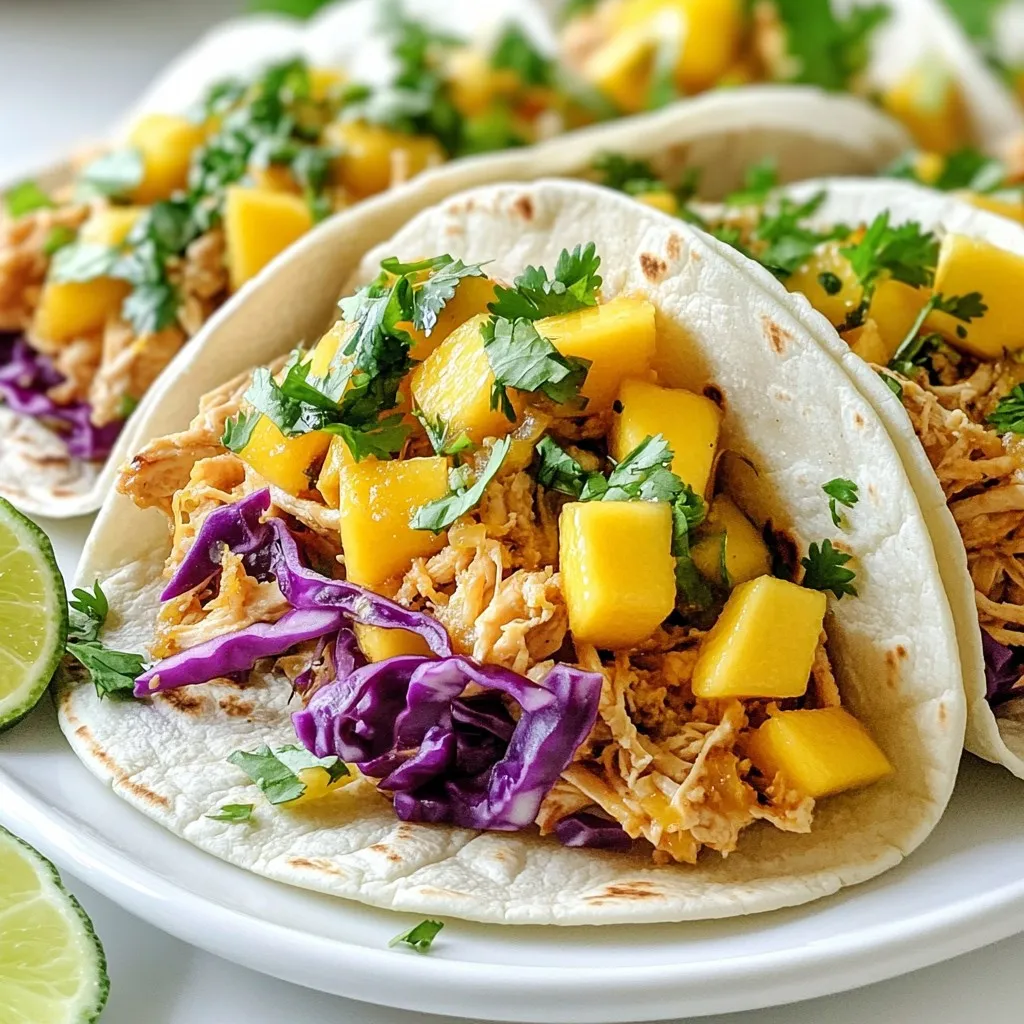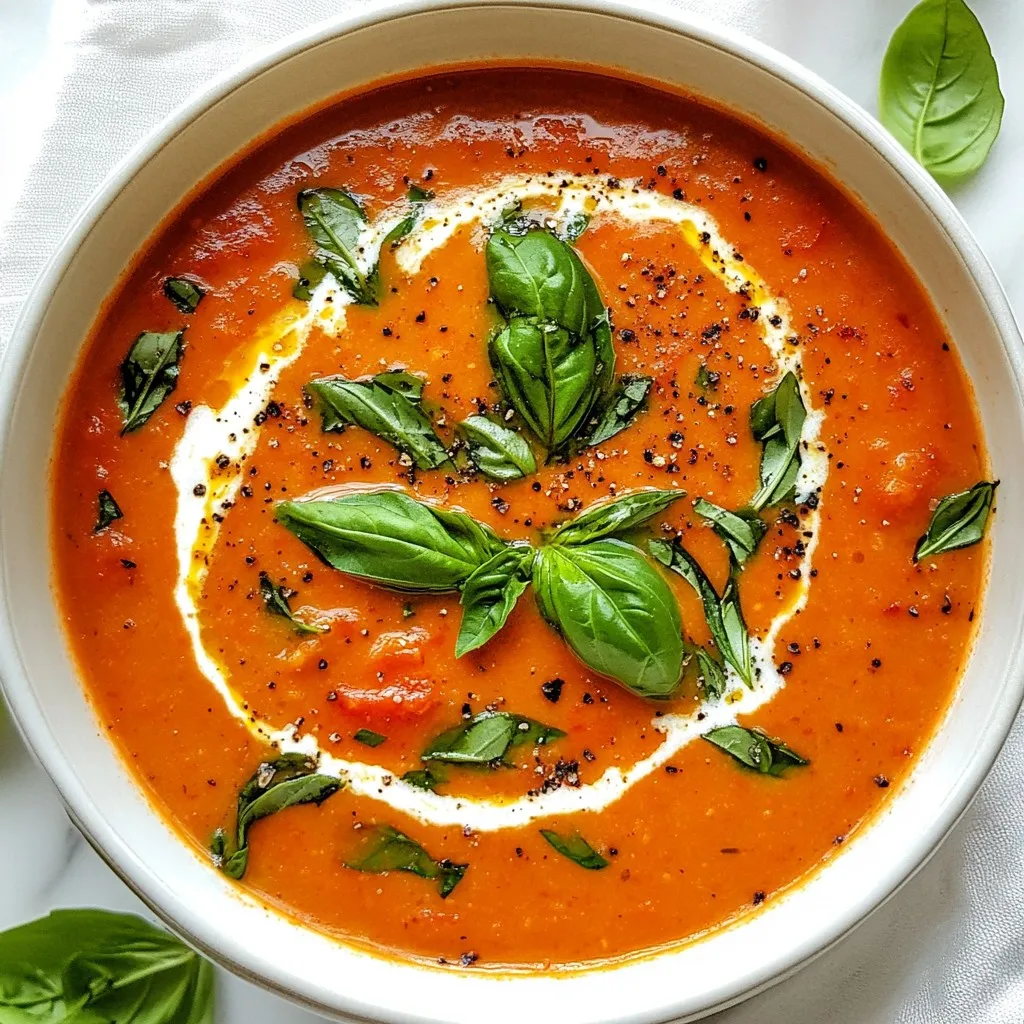Are you ready to savor summer’s freshest flavors? My Savory Summer Veggies Skillet is a simple, delicious dish that makes the most of seasonal produce. Packed with color and taste, this meal is easy to whip up and perfect for busy nights. In this post, I’ll share everything you need to know—ingredients, cooking steps, and tips for making it your own. Let’s dive into this flavorful adventure!
Ingredients
Complete List of Ingredients
Here’s what you need for the Summer Veggies Skillet:
– 1 medium zucchini, sliced into half-moons
– 1 medium yellow squash, sliced into half-moons
– 1 bell pepper (red or yellow), diced into bite-sized pieces
– 1 cup cherry tomatoes, halved
– 1 cup fresh corn kernels (approx. from 2 ears of corn)
– 1 small red onion, finely diced
– 2 cloves garlic, minced
– 1 teaspoon dried oregano
– 1 teaspoon smoked paprika
– 2 tablespoons olive oil
– Salt and freshly ground black pepper to taste
– Fresh basil leaves, for garnish
Importance of Seasonal Ingredients
Using fresh, seasonal ingredients makes this dish shine. Summer vegetables are at their peak flavor and texture. They are vibrant, colorful, and full of nutrients. When you choose seasonal produce, you support local farmers and enjoy better taste. These fresh veggies also help reduce your carbon footprint. Eating what is in season means you get the best of nature’s bounty.
Substitutions for Dietary Needs
You can easily swap ingredients to fit your diet. If you are lactose intolerant, this dish is already dairy-free. For gluten-free needs, this recipe is a great option. You can replace zucchini with eggplant or use different bell peppers. If you want a protein boost, add chickpeas or tofu. For a spicy kick, toss in some jalapeños or chili flakes. These swaps keep the dish tasty while meeting your dietary needs.
Step-by-Step Instructions
Overview of Cooking Process
Making a summer veggies skillet is simple and fun. You start by heating oil. Then, you add the onion and garlic. After that, you mix in all the colorful veggies. The key is to cook them until they are just tender. This dish is quick and perfect for any meal.
Detailed Cooking Steps
1. Heat the Oil: In a large skillet, heat 2 tablespoons of olive oil over medium heat. Wait until it shimmers.
2. Sauté the Onion: Add 1 small red onion, finely diced. Cook for about 3-4 minutes. The onion should be soft and clear.
3. Add Garlic: Stir in 2 cloves of minced garlic. Cook for 1 minute. Watch it closely so it does not burn.
4. Cook the Veggies: Add 1 medium zucchini and 1 medium yellow squash, both sliced into half-moons. Also, add 1 diced bell pepper. Sauté for 5-7 minutes until they soften and shine.
5. Mix in Corn and Tomatoes: Add 1 cup of fresh corn kernels and 1 cup of halved cherry tomatoes. Sprinkle in 1 teaspoon of dried oregano, 1 teaspoon of smoked paprika, salt, and black pepper.
6. Finish Cooking: Stir gently for 3-5 minutes. All veggies should be tender and mixed well.
7. Garnish and Serve: Remove from heat. Add fresh basil leaves for color and flavor before serving.
Tips for Adjusting Cooking Time
– For Crunchier Veggies: Reduce the cooking time by 1-2 minutes when sautéing. This keeps them crisp.
– For Softer Veggies: If you like softer textures, cook an extra 1-2 minutes. Keep stirring to avoid burning.
– High Heat Cooking: If you raise the heat, watch closely. It can cook faster, but you risk burning the garlic and onions.
This recipe is a great way to enjoy summer’s bounty. For the full recipe, check the earlier section.
Tips & Tricks
Perfecting Flavor Combinations
To create a tasty Summer Veggies Skillet, mix different veggies. The mix of zucchini, yellow squash, bell pepper, corn, and tomatoes gives a bright splash of color and flavor. Add garlic for warmth and onion for sweetness. Season with oregano and smoked paprika for depth. Try adding a splash of lemon juice at the end for brightness. This small change can make a big difference.
Enhancing Texture with Cooking Techniques
Cooking time affects texture. Start by sautéing onion and garlic until soft. This step builds a strong base. Add zucchini and squash next, as they cook faster. Stir them well to keep them from sticking. When you add tomatoes and corn, keep a close eye. You want them tender but still fresh. For a crisp bite, try to avoid overcooking any veggie.
Common Mistakes to Avoid
One common mistake is overcrowding the skillet. If you add too many veggies at once, they will steam instead of sauté. This makes them mushy. Cook in batches if needed. Another mistake is not seasoning enough. Taste as you go. Adjust salt and pepper to your liking. Lastly, don’t skip the fresh basil at the end. It adds a bright finish to the dish. You can find the full recipe [here](#).

Variations
Possible Ingredient Swaps
You can easily swap some veggies for others. Try using eggplant or asparagus instead of zucchini. If you want more color, go for rainbow carrots or purple bell peppers. You can even add leafy greens like spinach or kale for extra nutrition. Remember, the goal is to use fresh, seasonal produce.
Adding Proteins for a Heartier Meal
To make the dish more filling, add proteins. You can stir in cooked chicken or shrimp. For a vegetarian option, try chickpeas or tofu. Just make sure to cook the protein before adding it to the skillet. This way, everything heats evenly, and you get a balanced meal.
Flavor Additions for Different Cuisines
You can switch up the flavors to match different cuisines. For a Mediterranean twist, add feta cheese and olives. If you want an Asian flair, toss in soy sauce and sesame oil. Try adding cumin and chili powder for a Mexican vibe. Each of these additions makes the dish unique and fun to explore. For the full recipe, check the Summer Veggies Skillet Delight.
Storage Info
Best Practices for Storing Leftovers
After you make the Summer Veggies Skillet, it’s key to store it right. First, let the dish cool down. Once cool, transfer it to an airtight container. This keeps the veggies fresh. Store the container in the fridge for up to 3 days. To enjoy the dish at its best, eat it within this time.
Reheating Instructions
When you are ready to eat your leftovers, reheating is simple. You can use the microwave or stovetop. For the microwave, place your serving in a bowl and cover it. Heat for about 1-2 minutes. Stir halfway through to ensure even warming. On the stovetop, heat in a skillet over medium heat. Stir often until hot, which should take about 5 minutes.
Freezing and Thawing Guidelines
Freezing your Summer Veggies Skillet is also an option if you have extra. Use a freezer-safe container for best results. Make sure to leave some space at the top, as food expands when frozen. It can last for up to 2 months in the freezer. To thaw, place it in the fridge overnight. You can also use the microwave for quicker thawing. After thawing, reheat it like mentioned above. Enjoy your delicious dish again!
FAQs
How can I make Summer Veggies Skillet ahead of time?
You can prep the Summer Veggies Skillet in advance. First, chop all the veggies. Store them in airtight containers in the fridge. You can also mix the spices ahead. When you are ready to cook, just heat olive oil in your skillet. Add the prepped veggies and spices. This saves time on busy days.
Can I use frozen vegetables for this recipe?
Yes, you can use frozen vegetables. They make cooking quick and easy. Just remember that frozen veggies may need a bit more time to cook. Also, they might release more water. Drain excess liquid during cooking. This keeps the dish from getting soggy.
What are the best herbs to pair with summer vegetables?
Fresh herbs really brighten up summer vegetables. I love using basil, thyme, and parsley. Oregano adds a nice touch too. You can also try dill or cilantro for a fresh twist. Adding herbs at the end of cooking keeps their flavor strong.
This blog post covered the main elements for making a great Summer Veggies Skillet. We looked at important ingredients, cooking steps, and tips to enhance flavor. You learned how to adjust for dietary needs and common mistakes to avoid.
With these insights, you can create a tasty dish that fits your needs. By using fresh veggies and exploring variations, you’ll make meals exciting. Enjoy cooking and sharing your delicious creations!




